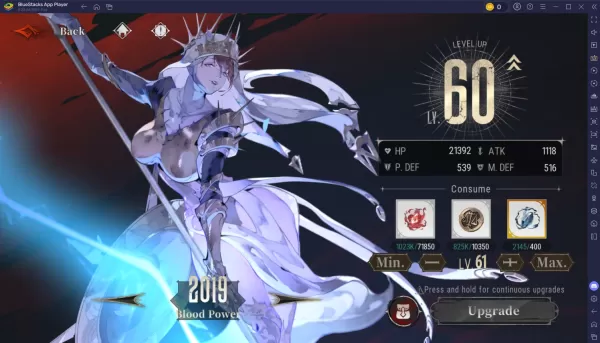NetEase's Marvel Rivals has quickly become a standout success, amassing ten million players within just three days of its launch and generating substantial revenue for the developer in the subsequent weeks. However, a recent report from Bloomberg sheds light on internal challenges and strategic shifts at NetEase, revealing that CEO and founder William Ding nearly canceled the game due to his hesitations about using licensed IP.
According to Bloomberg, Ding has been taking decisive actions to streamline NetEase's operations, including cutting jobs, closing studios, and pulling back from overseas investments. The aim is to create a more focused portfolio to address recent declines in growth and to better compete with industry giants like Tencent and MiHoYo.
The report highlights that Marvel Rivals was almost a casualty of this strategy. Ding reportedly resisted the use of licensed Marvel characters, preferring to utilize original designs instead. An attempted cancellation of the game reportedly cost NetEase millions, but ultimately, Marvel Rivals was released and has since enjoyed remarkable success.
Despite this triumph, NetEase's restructuring efforts continue. Earlier this week, the Marvel Rivals Seattle team was laid off, with the company citing "organizational reasons." Over the past year, Ding has also halted investments in overseas projects, having previously engaged with prominent studios such as Bungie, Devolver Digital, and Blizzard Entertainment. Ding's philosophy, as per the report, is that games not capable of generating hundreds of millions annually are not worth pursuing, though a NetEase spokesperson clarified that the company does not set arbitrary financial thresholds for new game viability.
Bloomberg's interviews with NetEase employees reveal internal struggles, pointing to Ding's unpredictable leadership style. He is described as making swift decisions and frequently changing his mind, pressuring staff to work late, and appointing recent graduates to key leadership roles. The report also suggests that Ding's project cancellations might result in NetEase not releasing any new games in China next year.
NetEase's strategic withdrawal from game investments coincides with broader uncertainties in the gaming industry, particularly in the West. The sector has experienced consecutive years of significant layoffs, project cancellations, and studio closures, compounded by the underperformance of several high-profile, costly games.















